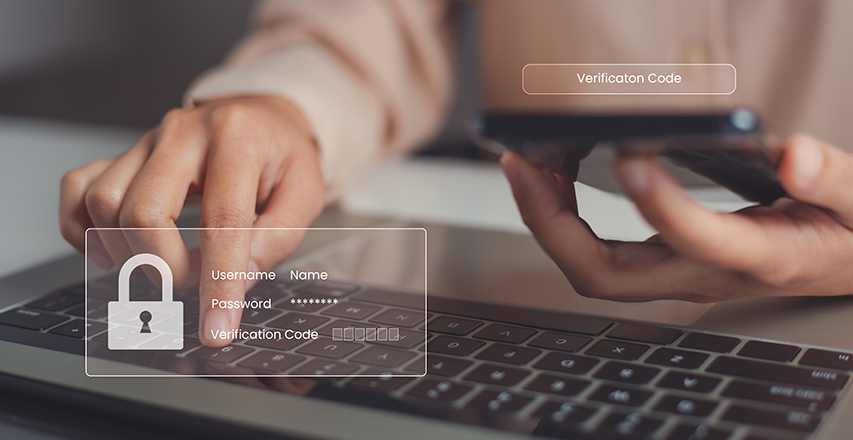All Texas Tech Credit Union branches will be closed on Monday, February 16 in observance of Washington's Birthday.

In today’s fast-moving digital world, scams are getting sneakier and harder to spot—especially imposter scams. These scams trick people by pretending to be someone they trust, like a bank employee, a government agent, or even a family member in trouble.
At Texas Tech Credit Union we want our members to feel confident and secure when it comes to their money and personal information. That’s why we’re sharing tips on how to recognize and avoid imposter scams—plus, what to do if something doesn’t feel right.
An imposter scam happens when a fraudster pretends to be someone they’re not—like a representative from your credit union, the IRS, or even your grandchild—to get you to send money or reveal personal information.
• Spoofed phone numbers or emails that look official
• Urgent or threatening language
• Unusual requests (like payments via gift cards or wire transfers)
Here’s the most important part: slow down, verify, and never be afraid to ask questions.
Take a breath: Scammers rely on urgency. If something feels off, pause before you respond.
Verify the source: Don’t use the phone number or email that contacted you. Instead, go to the official website and call from there.
Keep personal info private: Never give out your Social Security number, debit card details, or passwords over the phone or email unless you initiated the contact.
Don’t send money to strangers: Be suspicious of anyone who asks for payment via wire transfers, gift cards, or cryptocurrency.
Hang up on robocalls: If it sounds like a script or you’re asked to “press 1,” just hang up.
Set up alerts on your accounts: Use text or email alerts
Bank or Credit Union Scams: A scammer pretends to be from your financial institution’s fraud department and asks for your PIN, one-time passcodes, online banking credentials, or debit card details.
Government Imposters: Claiming to be from the IRS or Social Security Administration, they threaten fines or arrest unless you pay up immediately.
Family Emergency (Grandparent) Scams: You get a call saying a loved one is in trouble—often needing money fast through gift cards or payment apps.
Tech Support Scams: A fake technician claims your computer has a virus and needs remote access or payment for repairs.
Romance Scams: After building trust online, they create a fake emergency and ask for financial help.
Charity Scams: Especially after disasters or during holidays, scammers ask for donations that never make it to a real cause.
If you ever receive a suspicious call, text, or email—or if something just doesn’t feel right—pause before you act. Scammers count on urgency to cloud your judgment. When in doubt, hang up, log out, and reach out. Our team is here to help: call us at 806.742.3606 Monday through Friday, 9am–5pm, or Saturday, 9am–12pm. For more ways to protect yourself and your finances, check out our other Safety & Security blog posts.
Remember: staying safe starts with staying informed. Knowing how imposter scams work—and the red flags to watch for—can help you stop fraud before it starts.
Published on: